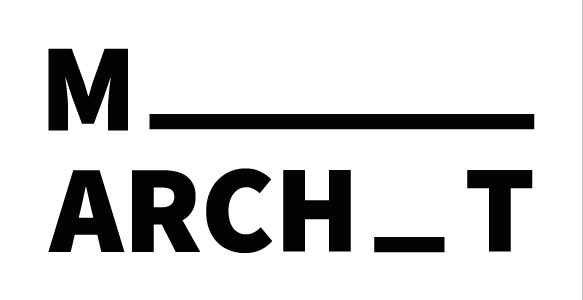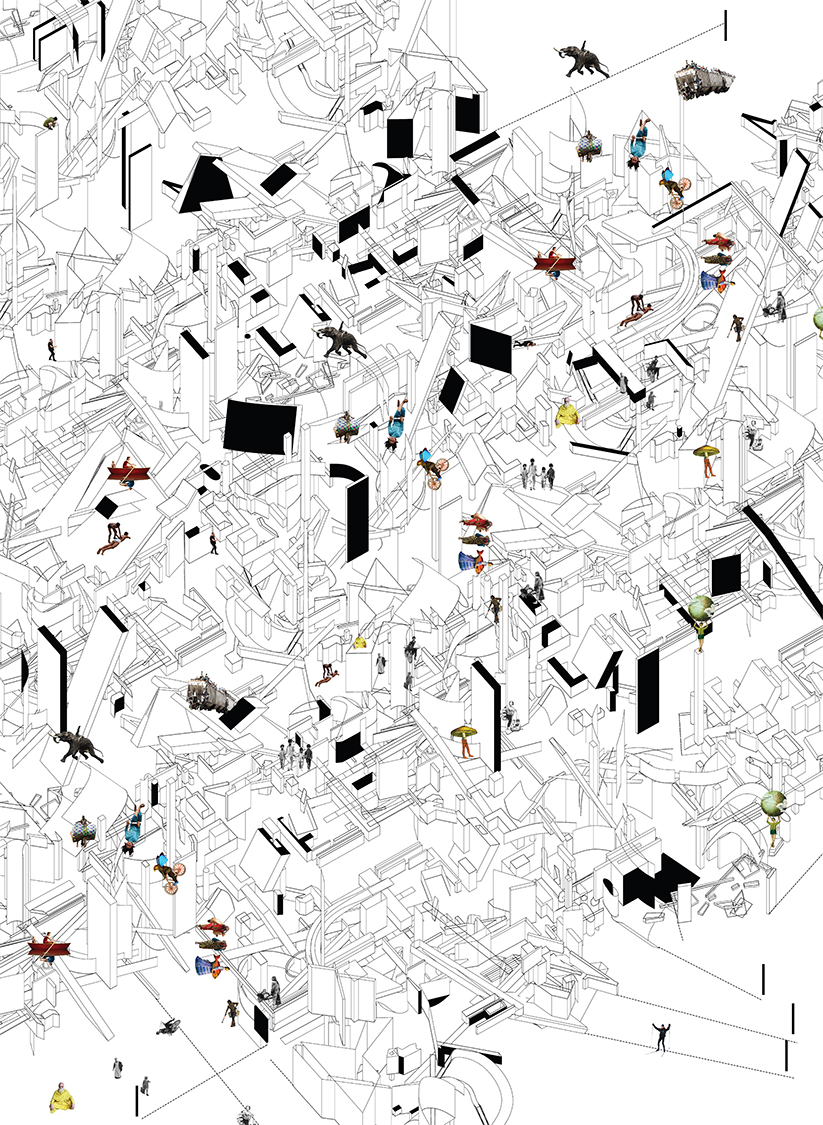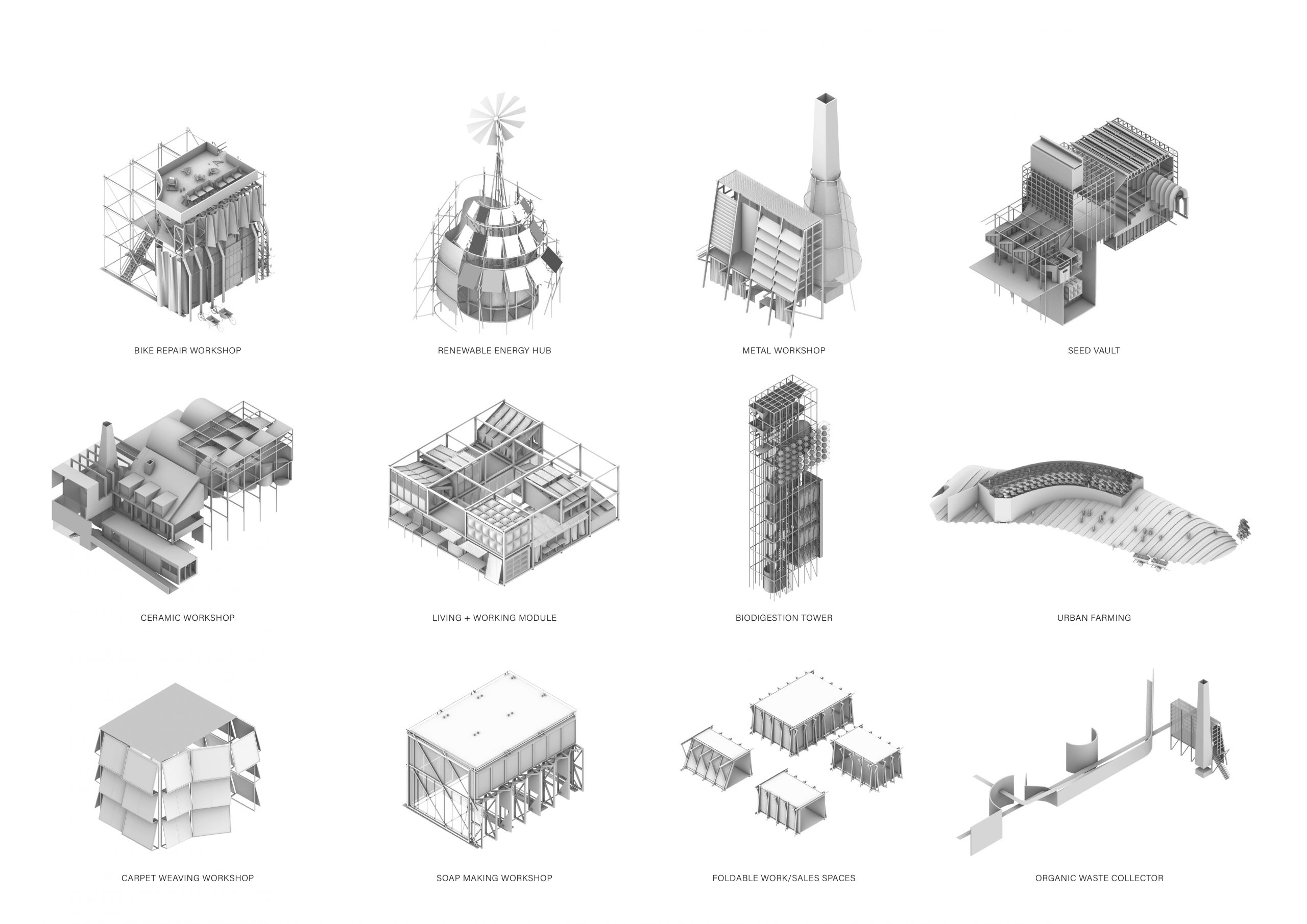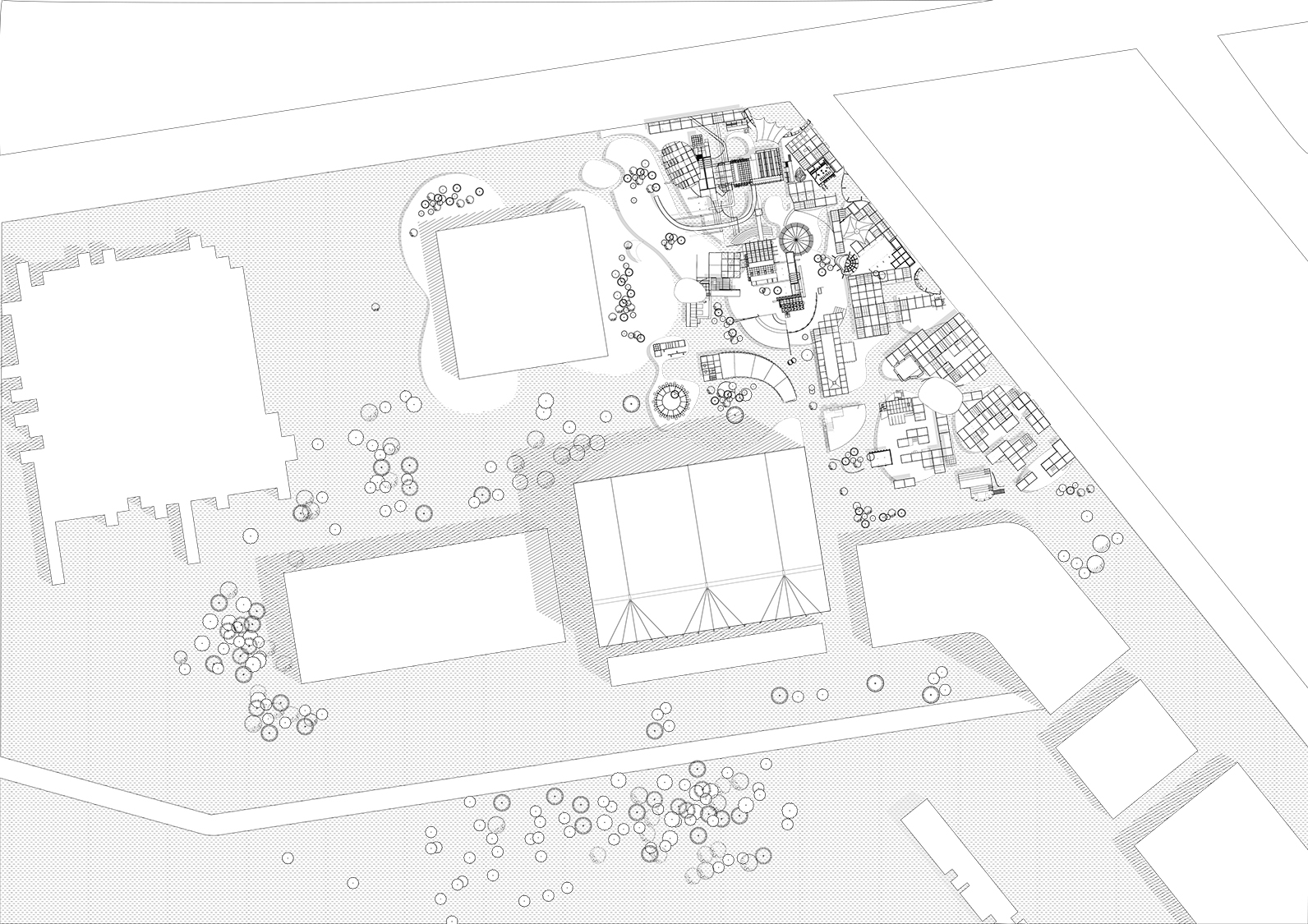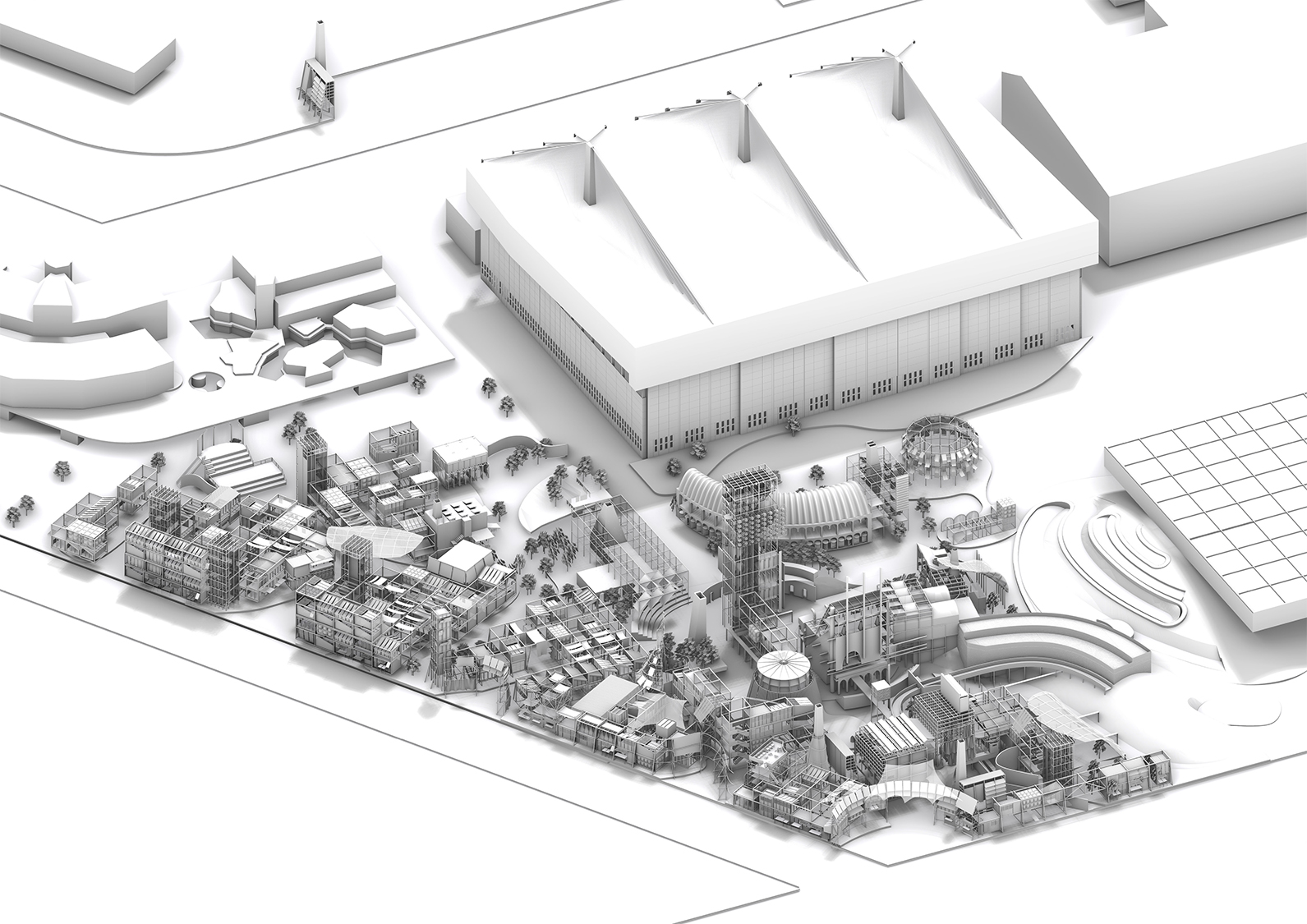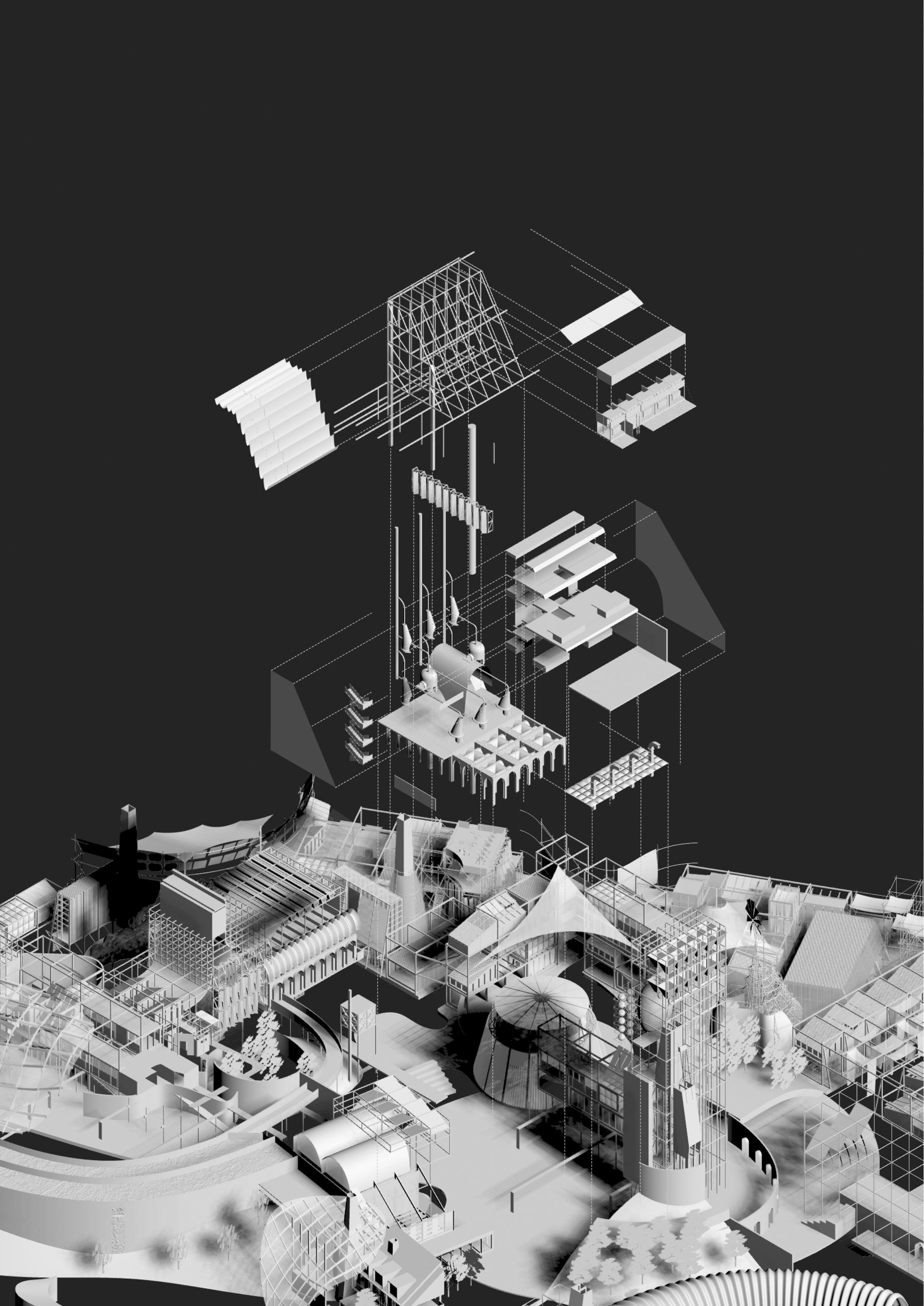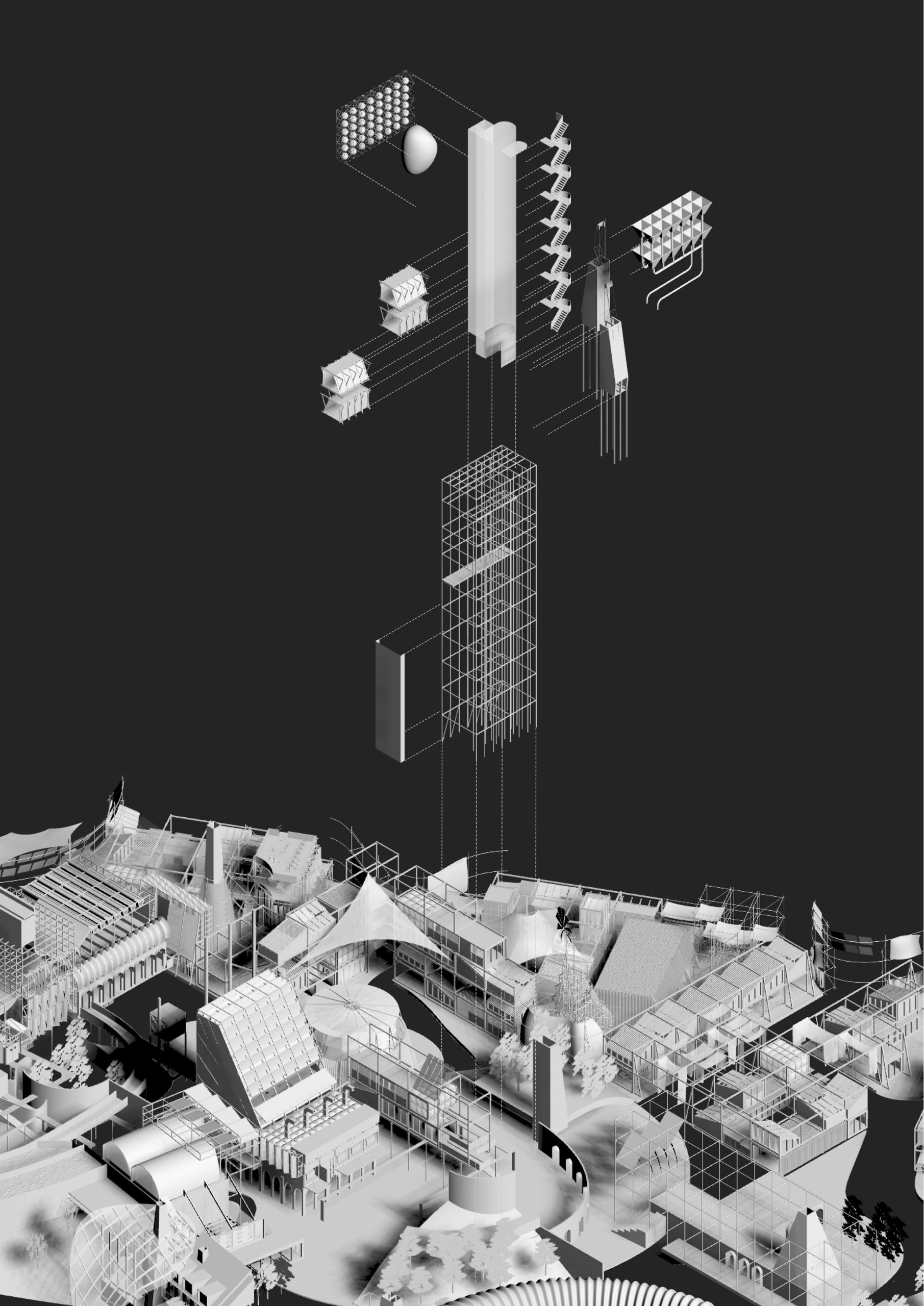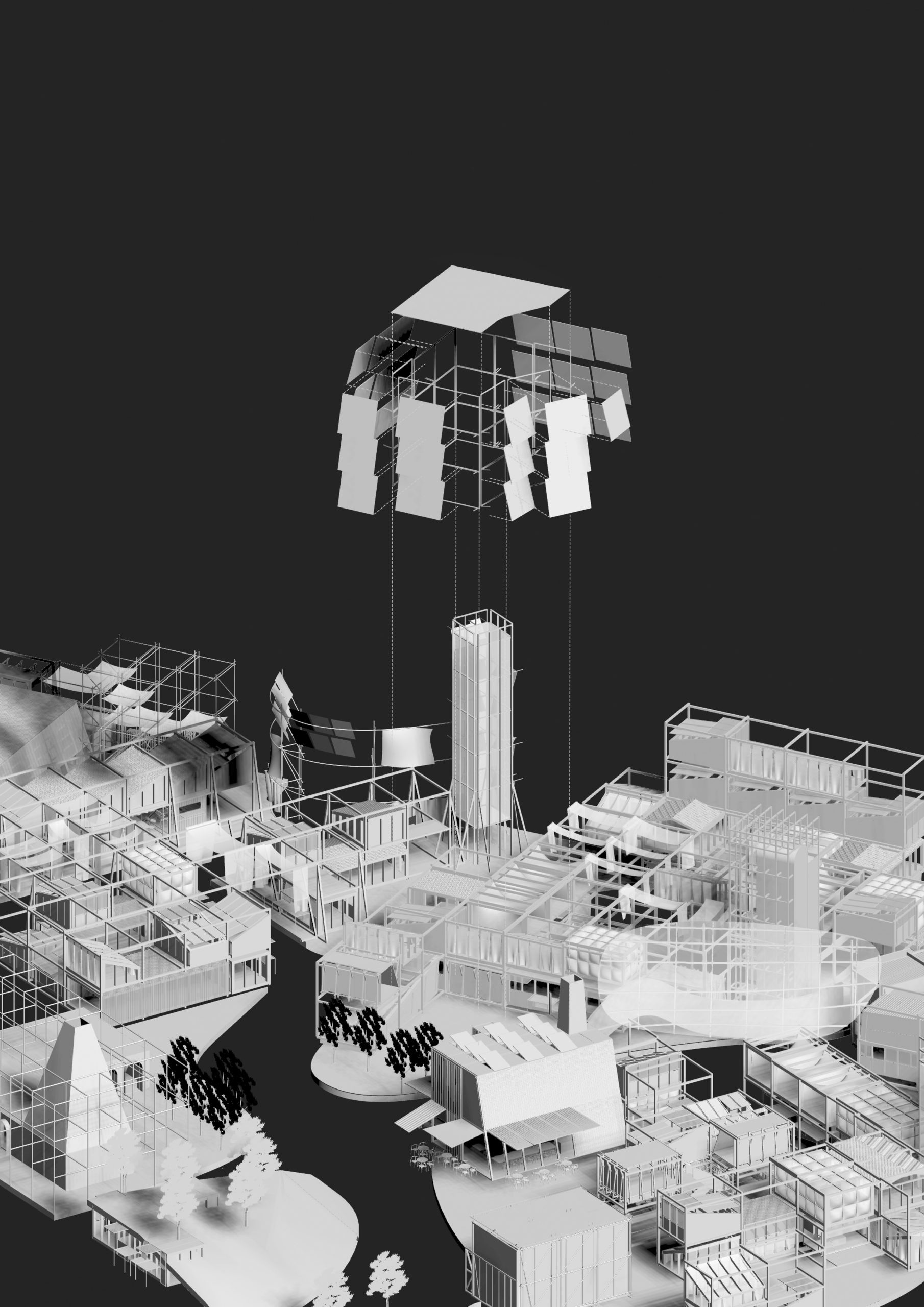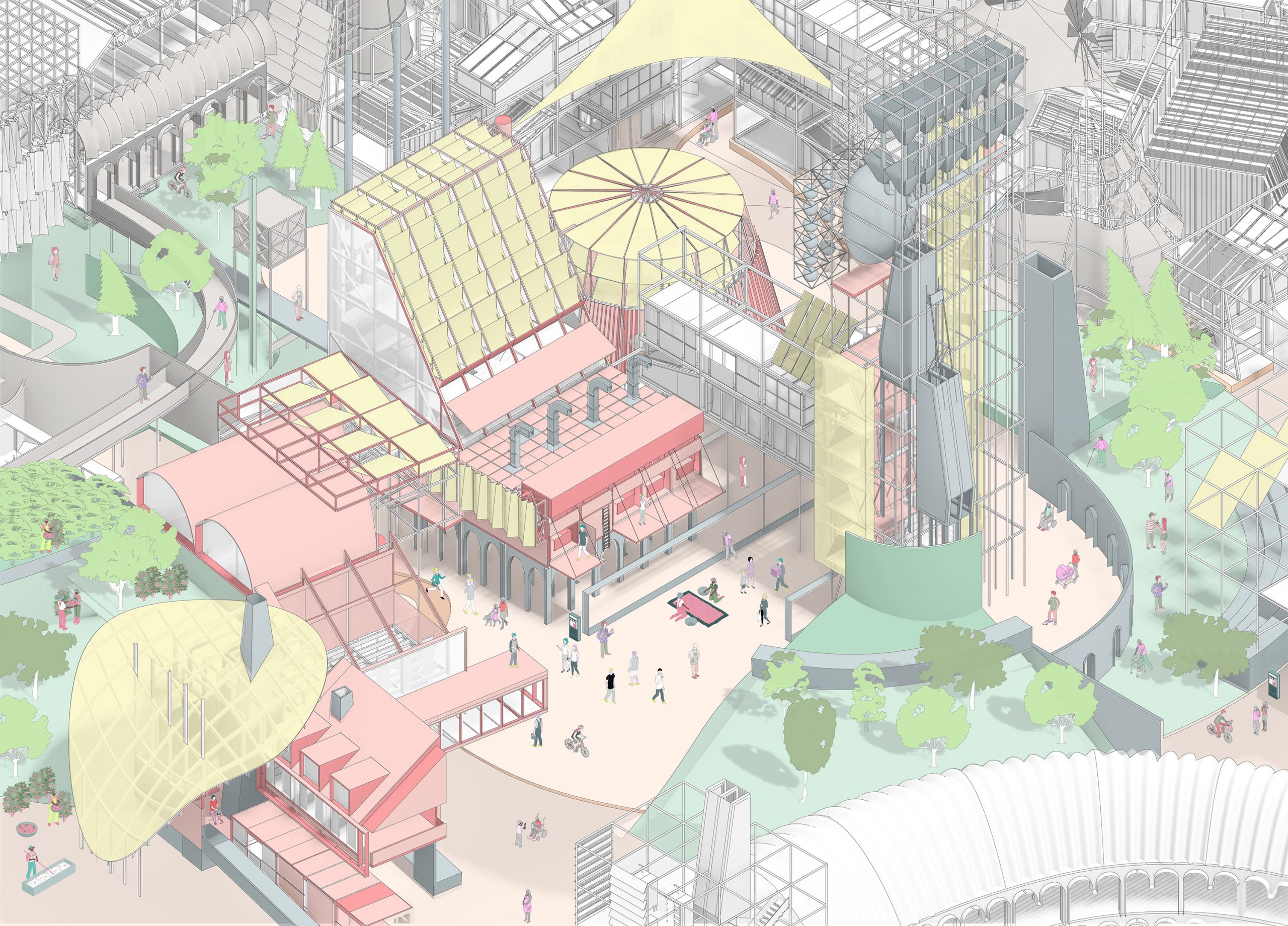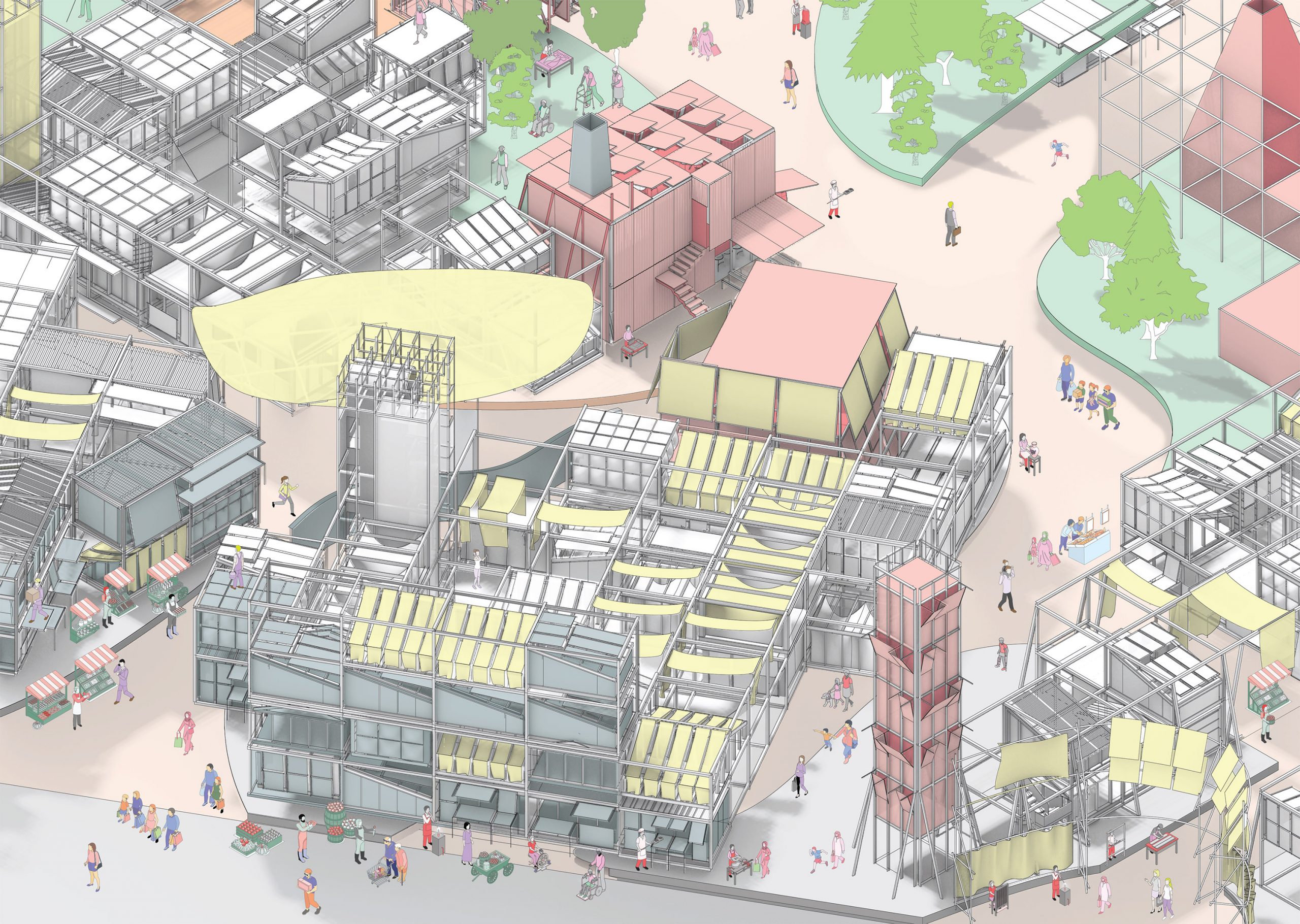Everyone leaves, if they need to, if they can, or if they have to. (Luiselli, 2019) Movement is an inherent trait of life.
To abandon and transgress, to deny what we already have, sometimes consciously, sometimes joyfully, always with uncertainty. Migrations have defined crucial moments of change throughout human history. In recent years, we have been witness to massive human displacements caused by political conflict and natural disasters. People are being subject to such extreme levels of violence that there is no other choice left than leaving known routines and inhabiting strange spaces. It is ultimately an act of love.
We believe that these movements, even framed by this harrowing uprooting experience, can be a cultural asset with economic value. We understand the uncertainty of migrations as a nature that creates gaps, spaces in which profound chance and opportunities for transformation emerge. This potential arises with the certainty of dignity and human rights, leaving uncertainty to meaning. The question is no longer if I am going to live, but how.
There is an unprecedented capacity in these thresholds between certainty and uncertainty to facilitate genuine connections, to experiment with identity and have collective experiences.
With this understanding, we envision a socially operated and collectively sustainable Arrival City where displaced people can make first contact, feel respected and safe; where they are able to produce, build a network, develop further skills and foster imagination for the future. We take advantage of the volatile essence to think of this place as a live organism of undefined nature. This principle is translated into spatial terms with the juxtaposition of an infrastructural backbone with non-fixed spaces that are permanently evolving, adapting, growing, contracting along with the changing and diverse community.
We suspect that all stories begin and end with movement; that all stories are deep down displacement stories.

